Rethinking Your Facebook Strategy

The value of Facebook and other social media – LinkedIn, Instagram, and Twitter included – was initially questioned by traditional marketers. They pointed to distraction and competition for attention, an inability to validate the truthfulness of the messages, and the potential resistance of Facebook users who were there primarily for social interaction and not commercial interaction. There was also the potential for social media to become a disruptive force in the marketing communication industry -- just as the advent of computerized print layouts brought an end to the profession of typesetting.
Those questions quickly faded as social media in general and Facebook in particular proved to be an invaluable tool for the 21st century marketer. Facebook is a massive engine of commerce that offers companies low cost communication in channels directed at both existing customers and prospects. Virtually no company can succeed without a social media strategy and a specialist to help manage the way the company and its products are presented.
For many small businesses, however, Facebook is not delivering the value that is envisioned. Instead, the companies are stuck in a morass of bad designs, ineffective strategies, and an uncertain path to sustainable growth. Fortunately, these problems can be easily fixed with attention to the five of the most common mistakes small companies make on social media. These mistakes apply specifically to Facebook, but can be generalized to social media overall:
- Talking to or about yourself. A corporate page is not the same as a personal page, and the two should not be confused. Your business sites on Facebook should not include personal details about your life, selfies you took on vacation, or statements regarding your political or religious beliefs. The communication and content should be directed to specific audiences -- existing customers, potential customers, and those who may become customers once they have seen what your company is about. The tone of your posts to the site should be professional and relevant to the needs of visitors, but also should be friendly and conversational in tone.
- Your Facebook pages are boring. A major mistake made on social media sites and websites alike is to post content and then walk away for weeks or months at a time, expecting that people will return to your site even if nothing has changed. They won’t. There are any number of ways to keep the content fresh. You may use interesting photographs or graphics, content made freely available by others in the tax and accounting profession, or a blog to post your thoughts, ideas, and advice. The blog format is built in to Facebook but can also be created using simple blogging tools that include Microsoft word and WordPress. As for interesting photographs and relevant content, remember that anything produced by the Federal or state governments are in the public domain. That is, you’ve already paid for them with your tax dollars and therefore their use requires no cost or consent. Particularly of interest would be information published on the web sites of the US Treasury Department, the IRS, and the Government Accountability Office. You may also post items from the Congressional Record and Congressional deliberations.
- Failure to keep up with changes. At the beginning of 2015, Facebook introduced a major overhaul of the algorithms it uses to track user interests and the content that appears on a subscriber’s news feed (main page). The change was designed to ensure that relevant content, including product information and ads, reached the right audience for you. These changes, though, also require changes to the way that you reach out organically to your customers. With more than 54,000,000 business pages on Facebook, this is a necessary change that can benefit you -- if you are aware of it. If you are not aware of it, you are not keeping pace with change. This applies equally to other changes in marketing communication -- for example, the fact that Google has also altered the algorithms for its search engine.
- Failure to diversify your communications. As effective as Facebook and other social media can be, they are not the only marketing communication programs available or necessary. The most effective communication programs are those that use a variety of channels - - including paid advertising, community interaction, public relations, and electronic mailing lists to notify your clients and prospects of new programs, offers, and information.
- Failure to keep up with new communications options. Facebook understands that its members respond more quickly to formats that are different. They currently offer the ability to embed videos in your advertising space, to create ads of different sizes and shapes, and multiple revolving ads in a single ad space. In addition, they are constantly looking for ways to make the advertising more interesting and less of a nuisance. It is critical that small businesses make these changes as rapidly as possible after they are announced. At that time, the price is generally a little lower, and a host of competitors have not already made that part of their communications program. First mover advantage counts for a lot when it comes to Facebook effectiveness.
Keeping up with Facebook falls in the same category as flossing your teeth or changing your password – time consuming labor that takes away from the time spent with clients. It is, however, an essential element in marketing the firm and its services that can be avoided only at the risk of lower efficiency and sustainable profits.



